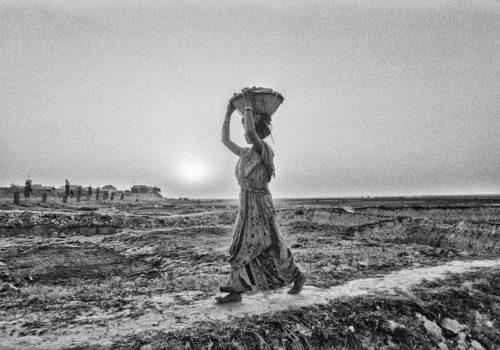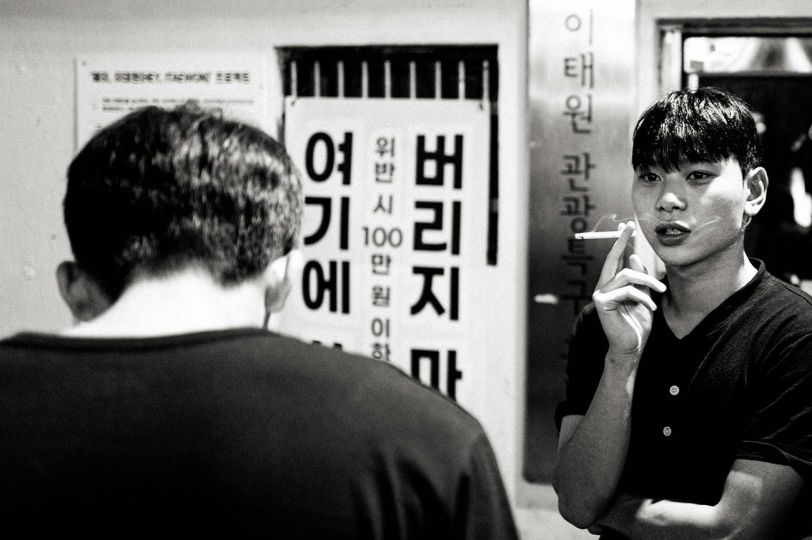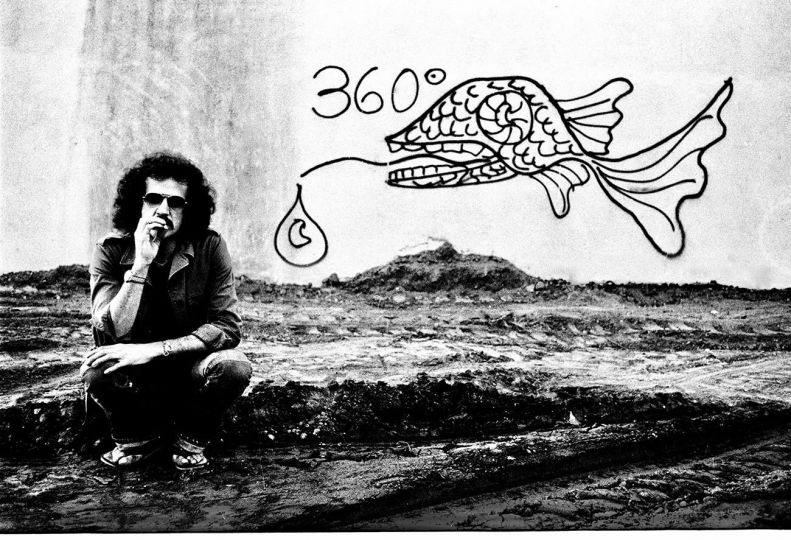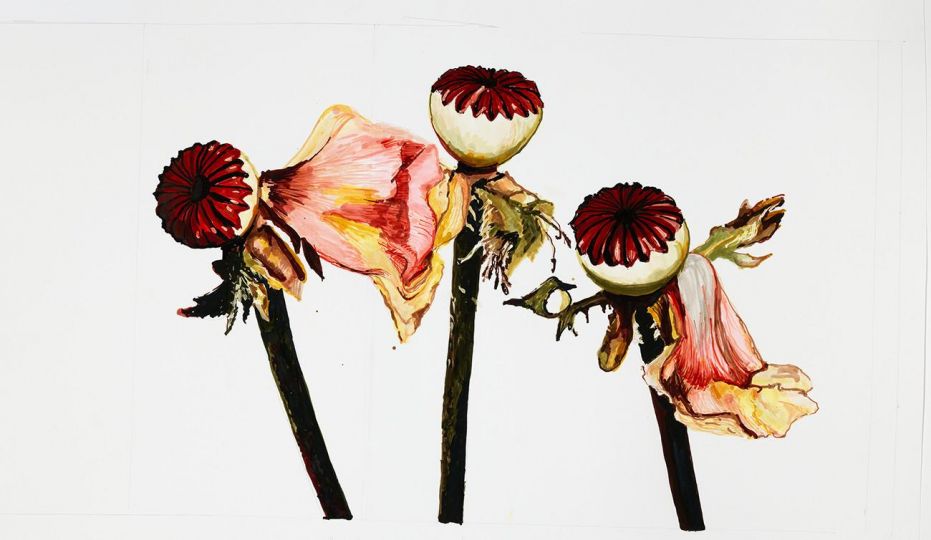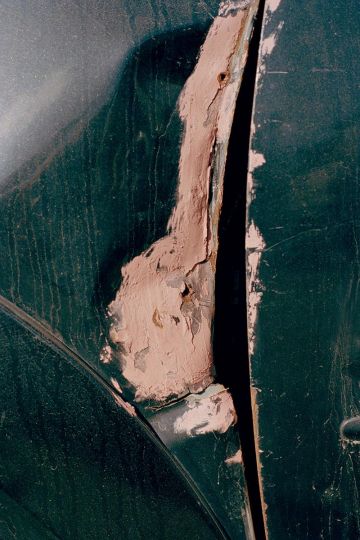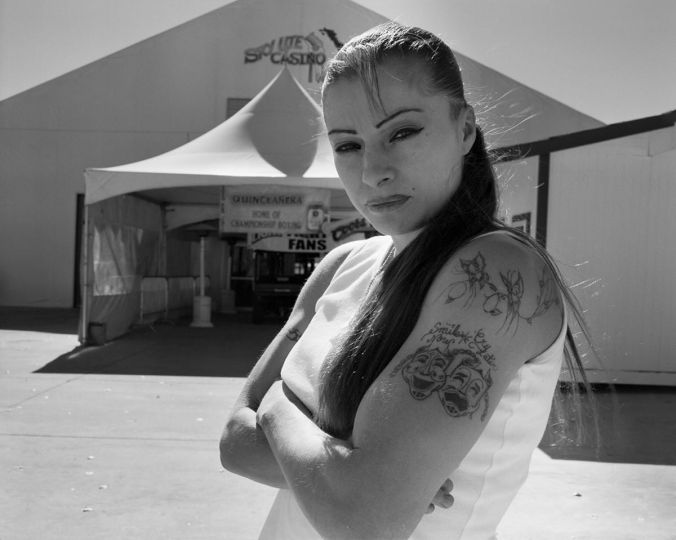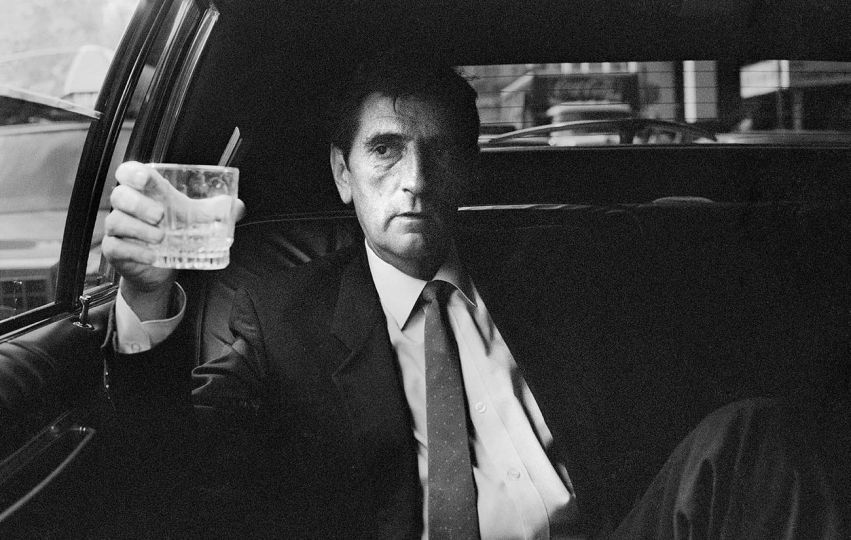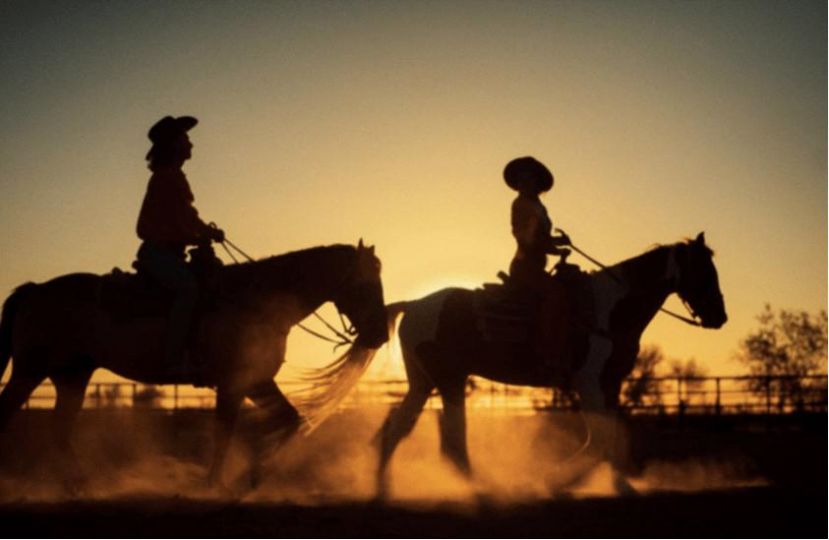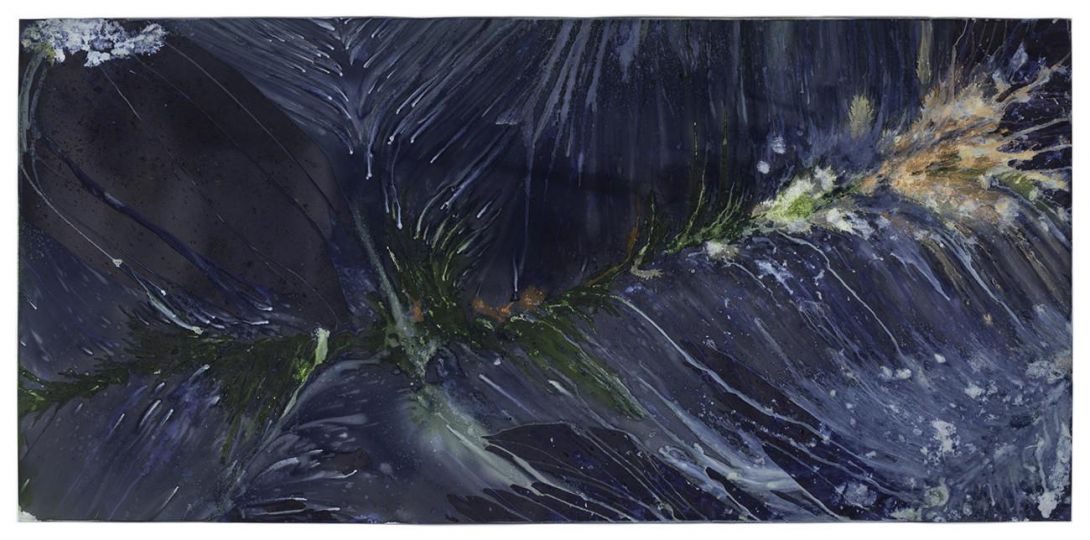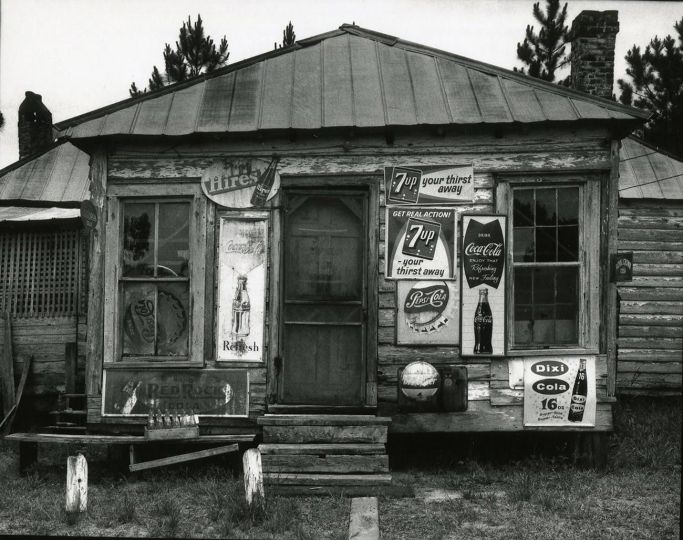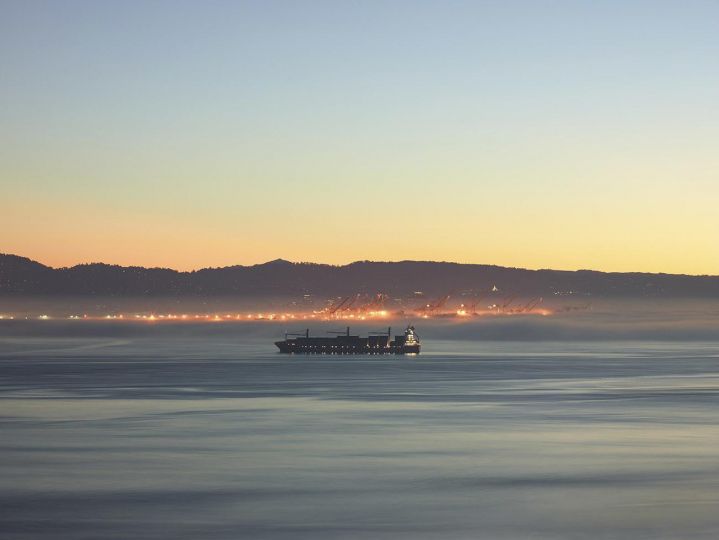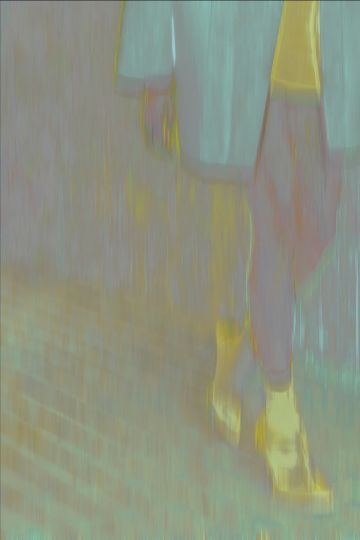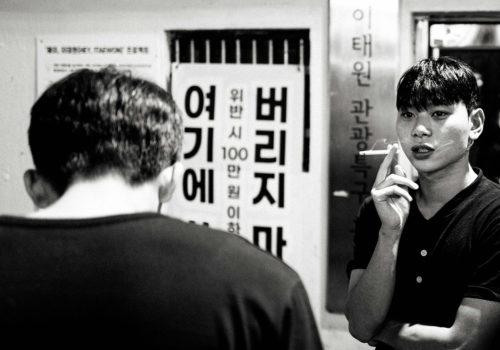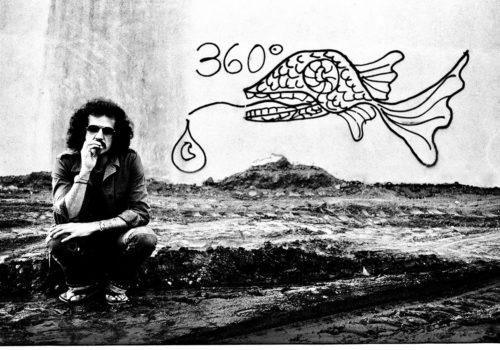In keeping with its commitment to provide a platform for art engaging with critical issues of our time, Wrightwood 659 presents Shahidul Alam: Singed But Not Burnt, the most comprehensive U.S. survey of the work of Shahidul Alam, renowned Bangladeshi photographer, writer, activist, institution-builder, and a Time magazine Person of the Year in 2018. With more than 80 black-and-white and color images, Singed But Not Burnt presents the breadth of Alam’s practice and impact throughout his four-decade career.
This exhibition is presented by Alphawood Exhibitions at Wrightwood 659.
Singed But Not Burnt draws on an exhibition currently touring India and organized by curator and art writer Ina Puri. “The powerful work of Shahidul Alam is like a beacon of light and hope that gives the common man a voice to protest against grave inequalities,” Puri notes. “Throughout his nearly 50 years of documenting social injustice, Shahidul Alam brings alive issues too often unreported.” Puri continues, “The lens of the photographer remains focused on the under-represented and never wavers, creating searing visual images that will linger forever in one’s consciousness.”
“Throughout his career, Alam has used his camera as a tool to advance social justice,” says Chirag G. Badlani, Executive Director of Alphawood Foundation Chicago, which is presenting Singed But Not Burnt through Alphawood Exhibitions. “As a foundation working towards an equitable, just, and humane society, Alphawood is pleased to present Shahidul Alam’s work at Wrightwood 659 for the second time. In the face of rising autocracies and restrictions of freedom of expression, Singed But Not Burnt celebrates the resilience of those who continue to resist.”
The images in the exhibition were selected from Alam’s extensive archives in Dhaka. Alam began documenting street protests in Bangladesh in the early 1980s. Since then, the desire to use the camera to resist political corruption, document the struggle for democracy, and cast light on what is suppressed, has formed the core of his practice.
Singed But Not Burnt includes portraits; landscapes; scenes of daily life, strife, and resistance in the “Majority World”—a phrase Alam coined in the 1990s to describe “developing countries” in the Global South. The phrase confronts the ways Western media continue to portray the majority of the world’s population—especially in Bangladesh— in relation to poverty and disaster.
The works in the exhibition are presented in sections corresponding to important moments in Alam’s life. In the first gallery, a photograph entitled Motijheel Hartal, from November 10, 1987, depicts the day activist Noor Hossain was killed by the police while demonstrating against autocratic President Hussain Muhammad Ershad. Noor Hossain was just one of hundreds of protestors killed during Ershad’s regime. At the time of his death, the phrase “sairachar nipat jak,” meaning “down with autocracy,” was painted on his chest. Hossain’s sacrifice would become a significant event for Alam. So too would the “disappearance” of Kalpana Chakma, a young activist for the rights of women and the indigenous Pahari people of the Chittagong Hill Tracts in southeastern Bangladesh. Kalpana was abducted by an army lieutenant in June 1996 and disappeared. Alam memorialized Kalpana Chakma’s story in a 2015 series called “Sister,” three of which are included in the exhibition.
Alam has dedicated almost 50 years to exposing the resilience of Bangledeshi people and their continued struggle for freedom. His work documents the cyclical rise and dismantling of autocratic regimes; the dangerous effects of loose labor regulations; civil rights abuses; extreme class differences; and conflicts produced by the state’s desire to manifest a homogeneous national identity. His photography makes visible the unsung heroes, the legacies of the missing, and the stories known but unspoken. Singed but Not Burnt follows Alam’s journey as he exposes the complex struggle of a young and densely populated nation which bears the weight of a globalized world.
About Shahidul Alam
Photographer, writer, activist and institution-builder, Shahidul Alam was a Time magazine Person of the Year for 2018 and in 2022 became a National Geographic Explorer at Large. He has championed human rights throughout his career. Recipient of the Shilpakala Award, the highest national award given to Bangladeshi artists, Alam obtained a PhD in chemistry before focusing on photography. Alam returned from studying abroad to Dhaka in 1984 and began documenting the democratic struggle to remove General Ershad. A former president of the Bangladesh Photographic Society, Alam’s work has been exhibited in leading museums including MoMA, Centre Georges Pompidou, and Tate Modern. A speaker at Harvard, Stanford, UCLA, Oxford, and Cambridge universities, Alam is a visiting professor at Sunderland University and RMIT and an Honorary Fellow of the Royal Photographic Society. He has chaired the international jury of World Press Photo. He has also received an Honorary Doctorate from the University of the Arts London.
Considered a ‘Prisoner of Conscience,’ he was arrested in 2018 for criticizing his government and spent 107 days in jail but was released on bail following a massive international campaign for his release. Alam won the International Press Freedom Award conferred by the Committee to Protect Journalists in 2020 and the inaugural CASE Award for Humanitarian of the Year in 2021. He is currently setting up a center for investigative journalism in Bangladesh.
In 2021, Wrightwood 659 presented Shahidul Alam: We Shall Defy, an exhibition of work by Alam and several other artists, activists, and writers.
Shahidul Alam: Singed But Not Burnt
from April 14 to July 15, 2023
Wrightwood 659
659 W Wrightwood Avenue
Chicago, IL 60614
https://wrightwood659.org.

